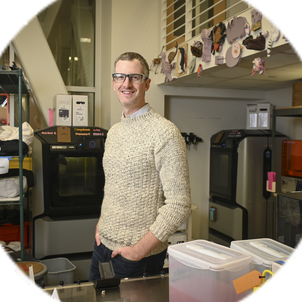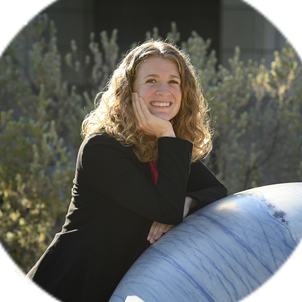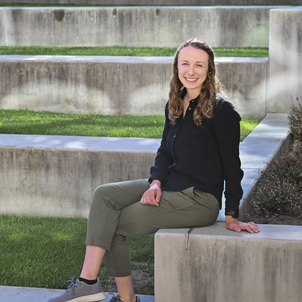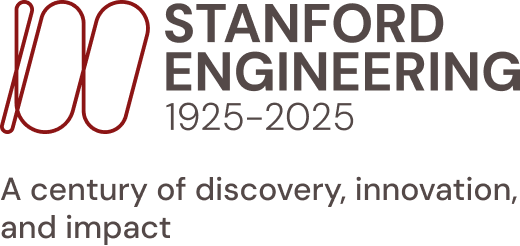I was diagnosed with hearing loss when I was three-and-a-half years old. To learn what words sound like, I went through auditory verbal therapy, where a therapist would speak to me from behind to train me to rely on my residual hearing capabilities to listen to words and to detect what was being said. For eight years, I underwent 10 hours a week of speech therapy. The experience was grueling but equipped me with persistence, a strong work ethic and an ability to listen very well.
Growing up, I went to a private K-12 school, and I was one of a few students with hearing loss. In almost every setting in my educational life, I have been a minority; as a result, I have developed a strong sense of how to advocate for myself. Whether requesting captioning for class material or asking teachers repeatedly to use a microphone, I have learned to ask for what I need.
The challenge of constantly educating those around me about the needs of people with hearing loss can be tiring. However, it also drives me to march forward. As I begin my career, I recognize that the fields I am passionate about lack representation of people with hearing loss and disability, and I hope that my example can help pave the way for others. In addition, I hope that the research I am undertaking will contribute to improving the lifestyles of people with hearing loss. I have been a research intern in the Department of Otolaryngology since my freshman year. There are significant genetic components to hearing loss and many exciting research projects being conducted in this area. Hundreds of millions of individuals around the world have hearing loss, more than 30 million of whom are children.
Related spotlights

Dan Somen

Sonia Martin


